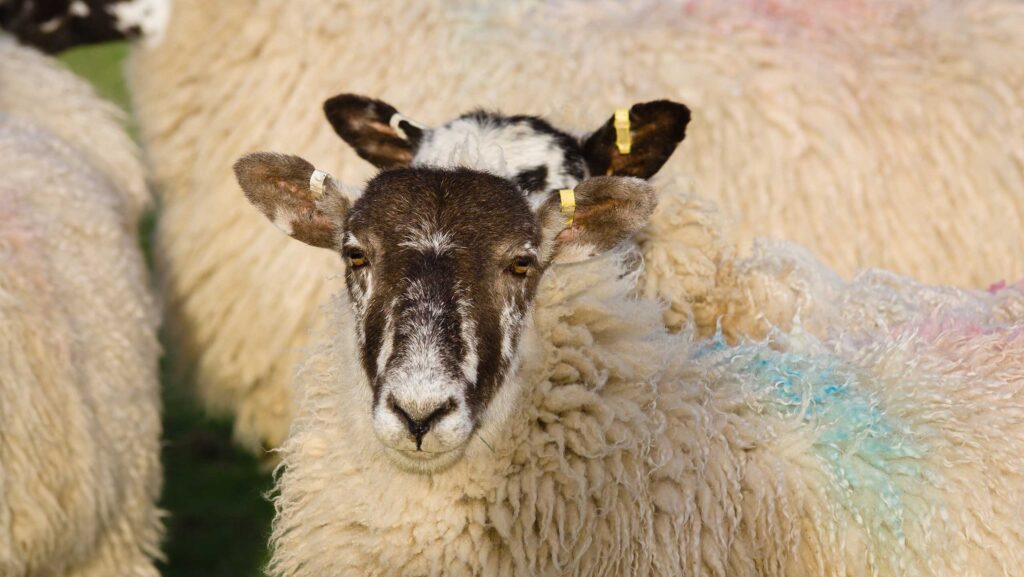Antibiotics vigilance needed amid sheep vaccine scarcity
 © Adobe Stock
© Adobe Stock Flockmasters unable to source enzootic abortion vaccines this tupping season are reminded not to resort to blanket doses of antibiotics.
The advice follows the frustrating news that both killed enzootic abortion (EAE) vaccines – Enzovax and Cevac Chlamydia – are unavailable this summer because of continued supply disruptions.
MSD Animal Health told Farmers Weekly it was out of Enzovax stock until the first quarter of 2025. The company added that a shortage of other products had increased demand on Enzovac, pressuring its supply.
See also: Batch failure and Brexit blamed for vaccine shortages
Ceva said a late August shipment of Cevac Chlamydia has been delayed until October, but there was no certainty of the delivery arriving by then.
In a joint letter from the Sheep Veterinary Society (SVS) and the Sheep Antibiotic Guardian Group (SAGG), senior sheep vets said they were “disappointed” by a lack of enzootic abortion vaccine.
The letter issued the following advice:
- Isolate aborting ewes from the rest of the flock so that samples can be taken to diagnose which abortion agent is responsible.
- Routine preventative use of antibiotics (prophylactic) should not happen. Antibiotics use in late pregnancy is only acceptable to protect other ewes in a group in the face of an abortion outbreak, or in a group of ewes following a laboratory-confirmed case of enzootic abortion in the preceding year.
- Replacement sheep that are unvaccinated this year should be marked and vaccinated next year when they are not pregnant.
- If unvaccinated ewes are at high risk of disease (confirmed by a laboratory diagnosis), a single injection of oxytetracycline (20mg/kg) between day 91 and 126 of pregnancy should be given. For groups lambing over a four- to five-week period, this means injecting them exactly 21 days before the first ewe is due to lamb.
- If the flock is considered at high risk of EAE, or has introduced EAE-shedding ewes into an unvaccinated flock, an inactivated (killed) vaccine called Inmeva, from Hipra, may be used. This requires a first dose at least five weeks before mating, a second dose three weeks after the first dose and a booster within a year. This vaccine can be safely given during pregnancy, but is not recommended in the final month of pregnancy.
Get organised
SVS president Joe Henry told Farmers Weekly that flock health depended on farmers being prepared amid vaccine shortages that were out of their control.
He said his Northumberland-based practice Black Sheep Farm Health had doubled its vaccine-storing capacity to help counter supply disruption.
He added that some farm businesses had started ordering in advance and stockpiling early to ensure product was available when it was needed. However, he acknowledged such bulk buying brought cashflow issues.
Provision of on-farm refrigeration facilities is important, given the length of time vaccines were now being stored on some farms, he advised.
An MSD-supported survey led by Rosie Lyle of Bishopton Veterinary Group in 2020 found 89% of farm fridges were outside 2-8C, the temperature range required by most vaccine products.
“It is worth investing in a decent fridge,” said Joe. “For £700-£1,000, a medical fridge with temperature alarms could be a worthwhile investment in which to store several thousands of pounds worth of vaccine.
“Sheep are hit disproportionately hard by vaccine supply disruption as it’s typically such a seasonal production system. Being prepared and telling your vet what you need well in advance can help.”
